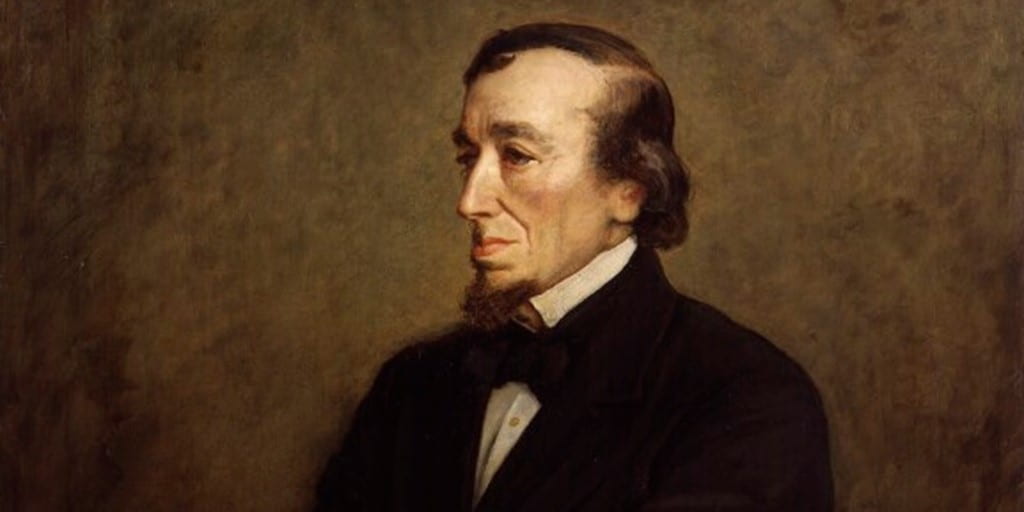It has been the hallmark of criticism directed toward a working politician or a man whose principal focus lay outside of the contemplative sphere that some historian has managed to find some basis, more often than not obscure, to sully said man’s reputation with as a thinker, and then to level charges of blatant hypocrisy such that character assassination is brought out in the open, with mud-slinging and shit-throwing part of this cabalistic rite. And this, as you may have guessed, has been the sorrowful position of our hero, Benjamin Disraeli, who has been subject to the torturous examinations of unsympathetic historians more frequently than any other in the tradition of conservative thought. While his predecessor Edmund Burke was indefatigable and found enough time to address to the sympathetic listener a rebuke of those who thought he was acting out of line with his principles,[1] the same privilege was not afforded to Disraeli, for whatever reason one might attribute it to. “The truth,” Lord Blake remarked, “was that Disraeli had never at any time in his life been an easy man to know.”[2] But that difficulty in examination, that pedestal upon which Disraeli stood that set him apart from illustrious peers, many of whom are now extinct in the popular and moral imagination of today, seems so alien to us that we tend to curl and walk to the familiar. The strength of Disraeli’s convictions affects us significantly, and we find ourselves questioning the motive and the effect without understanding the world in which Disraeli operated, or whether his thoughts were mere purple prose and not some extensive and seriously held positions that ought to have been followed in due stead.
Continue reading “The Historicist Error Projected Onto Disraeli”
